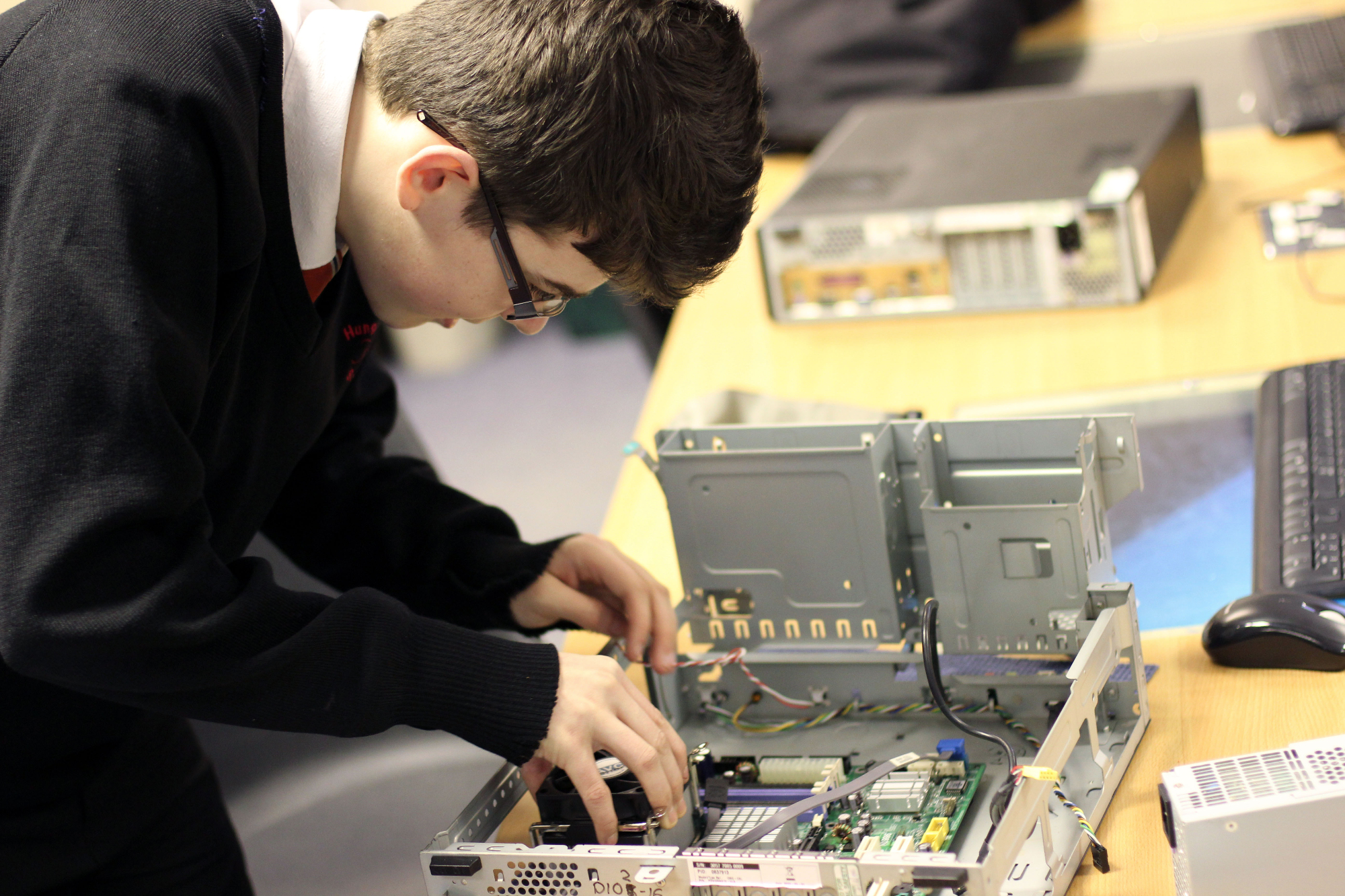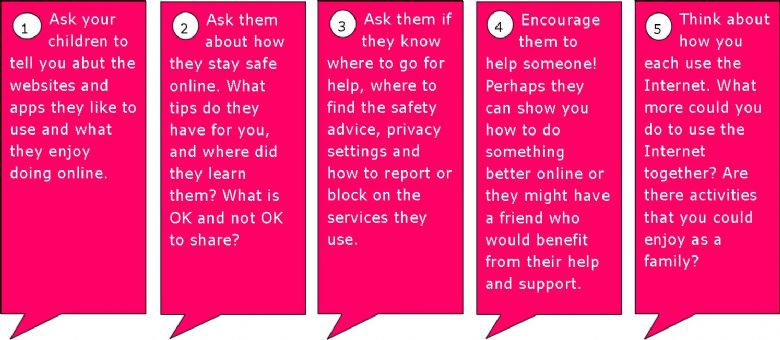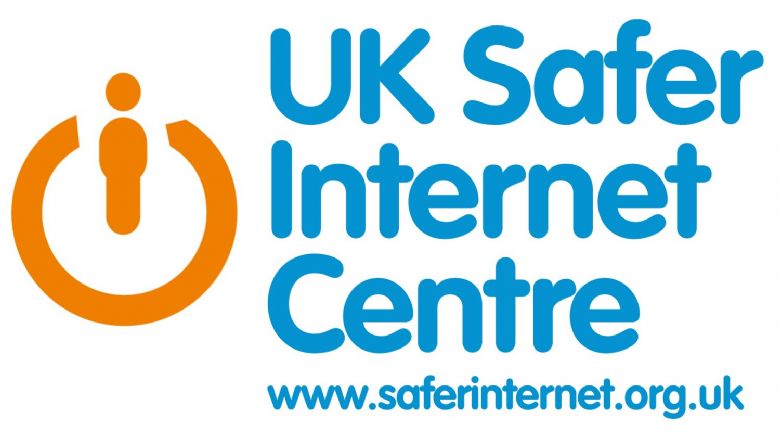E-Safety

The internet is an amazing resource which enables children and young people to connect, communicate, and be creative in a number of different ways, on a range of devices. However, the internet is always changing, and being able to keep up to date with your children’s use of technology can be a challenge.
You may sometimes feel that your children have better technical skills than you do, however children and young people still need advice and protection when it comes to managing their lives online. Issues that your child may encounter on the internet will vary depending on their age and online activities. We have grouped potential online risks into four categories, below:
Conduct
Content
Contact
Commercialism
Young people’s privacy and enjoyment online can sometimes be affected by advertising and marketing schemes, which can also mean inadvertently spending money online, for example within applications. Encourage your children to keep their personal information private, learn how to block both pop ups and spam emails, turn off in-app purchasing on devices where possible, and use a family email address when filling in online forms. Think about how you each use the Internet. What more could you do to use the Internet together? Are there activities that you could enjoy as a family? There are real advantages in maintaining an open dialogue with your child about their Internet use. Not sure where to begin? These conversation starter suggestions can help.

What can I do?
-
Maintain an open dialogue with your child and encourage them to talk to you about their Internet use: for example, who they're talking to, services they're using, and any issues they may be experiencing.
-
Create a family agreement to establish your children's boundaries and your expectations when on the Internet.
-
Give your child strategies to deal with any online content that they are not comfortable with, such as turning off the screen, telling an adult they trust, and using online reporting facilities.
-
Consider using filtering software to block unwanted content. In addition to filtering, remember that discussion with your child, and involvement in their Internet use, are both effective ways to educate them about the Internet.
-
Encourage your children to 'think before you post'. Online actions can impact not only yourself but the lives of others. Content posted privately online can be publicly shared by others and may remain online forever.
-
Understand the law. Some online behaviour may break the law, for example when downloading or sharing content with others.
-
Familiarise yourself with the privacy settings and reporting features available on popular sites and services.
-
If your child is being bullied online, save all available evidence and know where to report the incident, for example, if appropriate, to the school, service provider, or the police if the law has been broken.
-
Familiarise yourself with the age ratings for games and apps, which can help to indicate the level and suitability of content.
-
See if online reviews are available from other parents, as these may be helpful.
-
Set up a family email address that your children can use when signing up to new games and websites online.
-
Encourage your children to use nicknames (where possible) instead of their full name online, to protect their personal information, and create strong passwords for every account.
-
Set up a PIN or password on devices to help protect personal information.






